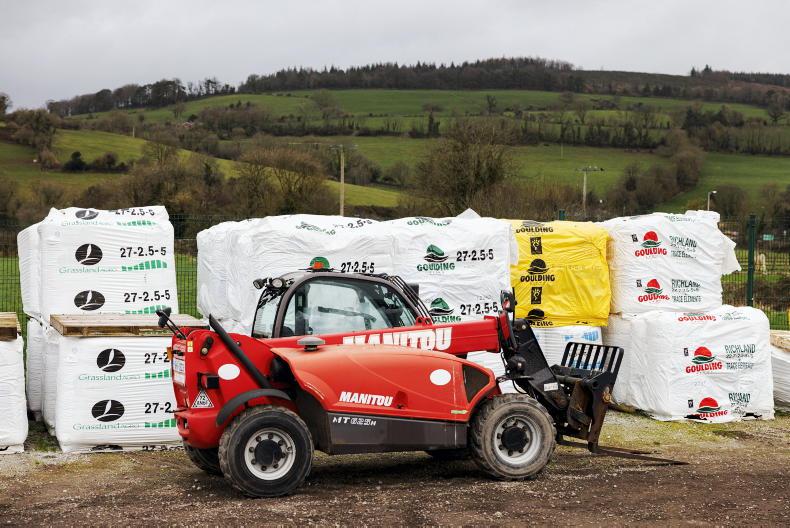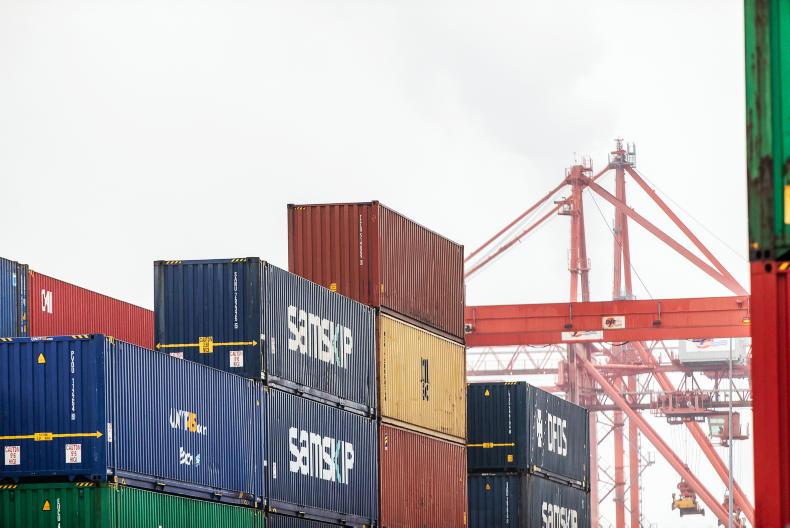Ireland's grass-based systems don't work at low stocking rates, sustainability and services manager at Kerry Seán McCarthy has said.
"We need medium stocking densities to make our grazing systems work - they don't work at very low stocking rates.
"We have the lowest carbon intensity associated with our dairy and that's because we operate very good, outdoor, grass-based systems and we can't put that model at risk either in terms of sustainability in a holistic perspective," McCarthy told the Joint Oireachtas Committee on Agriculture on Wednesday evening 29 May.
McCarthy was in front of the committee emphasising the importance of retaining the nitrates derogation.
He was alongside Dairy Industry Ireland (DII) director Conor Mulvihill and DII chair Pat Sheahan, as well as representatives from Dairygold, Tirlán, Kerry and Meat Industry Ireland.
Implications
Conor Mulvihill discussed the financial implications if Ireland was to lose the derogation completely and said that "billions of euros" will haemorrhage out of rural Ireland if the European Commission doesn't grant its approval.
"We do not want to be in the situation where billions are haemorrhaging out of rural Ireland because that is what is manifesting.
"Water quality in Ireland is third in the EU let's not forget. Irish water quality is very good, we want it to improve, we want it to be number one.
"If we can do that we can keep that dairy renaissance that has kept a social and economic renaissance over rural Ireland for the last decade and we can be key exporters back into those key economies like France," he said.
A 10-point action plan was proposed before the committee with the singular goal of securing European Commission approval.
It included measures such as establishing nutrient use scores for farmers and finalising an independent economic impact assessment on the effect of changes to the nitrates derogation.
DII called for the action plan to be fully resourced and driven by Government.









SHARING OPTIONS